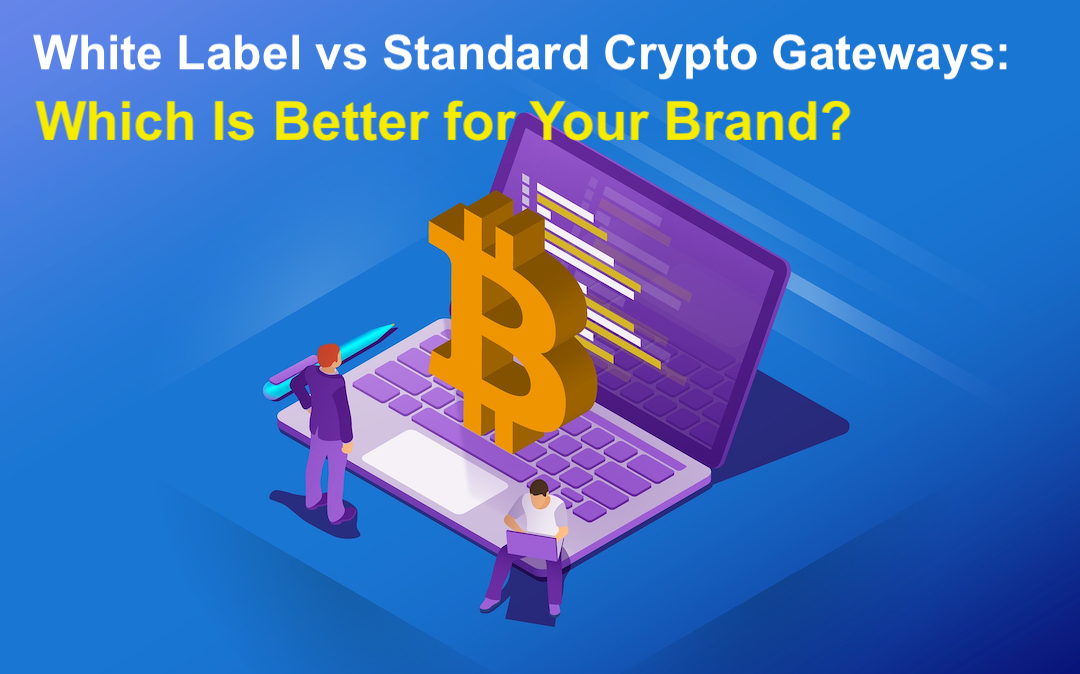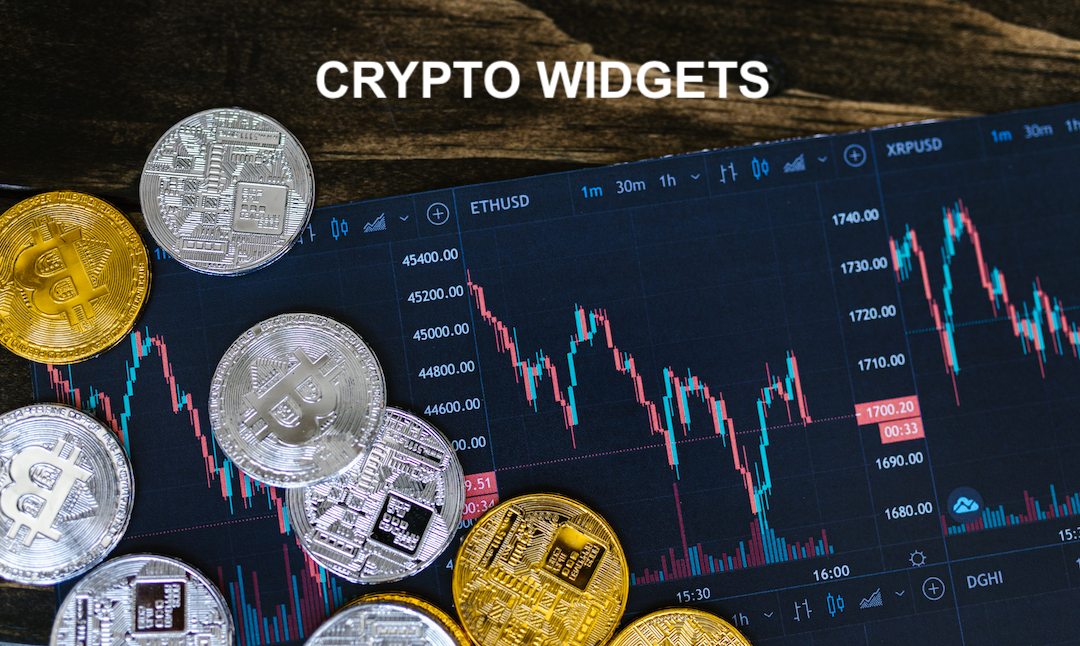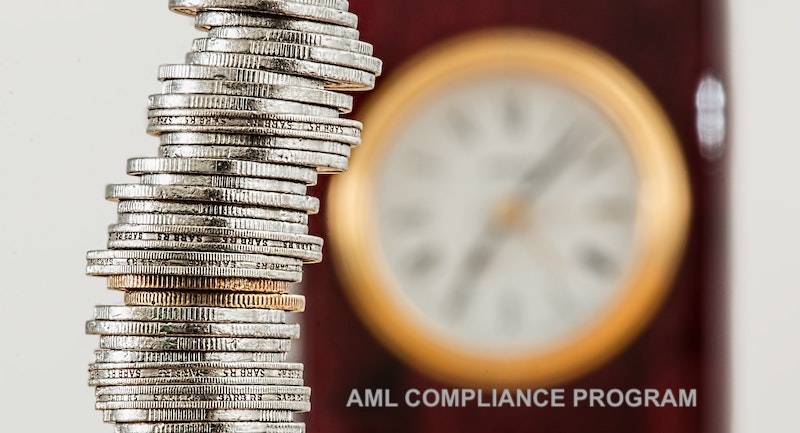
Customers are looking to pay with cryptocurrency more than ever, and businesses are adapting to be able to accommodate this need. Once the decision has been made, the next question to consider is whether to use a traditional or a white-label option. Like any other crypto-friendly payment processor, they have their own benefits and limitations that we will explore in this article.








